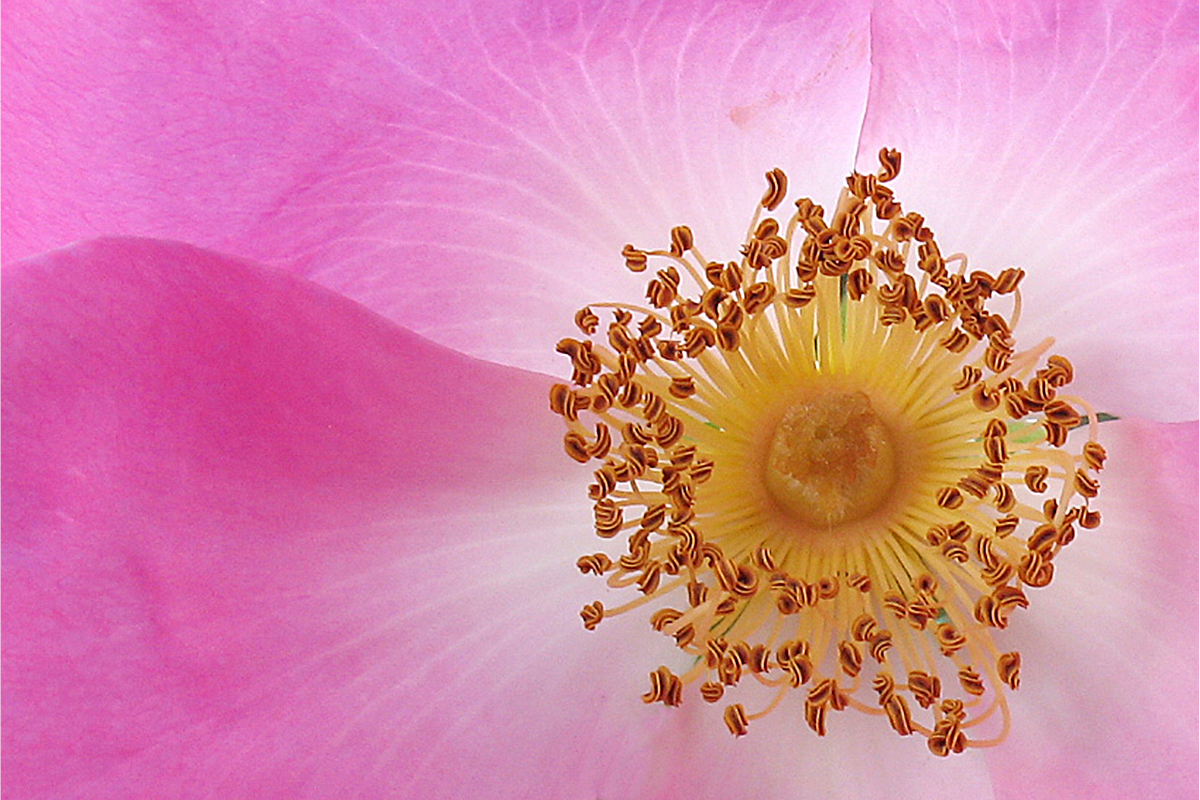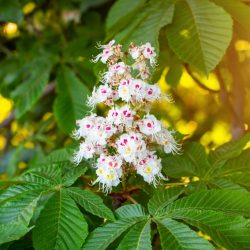Dr Edward Bach, a visionary of his time, introduced the world to the Bach Flower Remedies in the 1930s. Among his discoveries, Bach Wild Rose stands out for its exceptional therapeutic benefits. As well as being a fundamental remedy for apathy and resignation, it also stimulates the inherent interest in life and invigorates the soul. This fascinating remedy has long been a subject of study and has established its roots in the field of natural therapies. In this comprehensive guide, we explore the Bach Wild Rose in depth, highlighting its fascinating background, therapeutic effects, applications and user testimonials.
The inspirational journey of Dr Edward Bach
Dr Edward Bach, a visionary pioneer of his time, blazed a fascinating trail in the field of natural medicine. His quest for a holistic approach to healing led him to the discovery of Bach Flower remedies. In this section, we explore Dr Bach’s inspirational journey, his unique vision and the birth of Bach Flower Remedies. Discover how this exceptional man has left a lasting legacy in the field of flower therapy.
The birth of Bach Flower Remedies
Driven by a strong conviction to treat the patient rather than the disease, Dr Bach set out on a journey to develop an approach more holistic approach to healing. His quest led him to the discovery of Bach Flower Remedies, a collection of 38 essences derived from wild flowers, each with distinct healing properties.
Dr Bach and the discovery of the Wild Rose
Although each essence has a unique story, the Wild Rose holds a special place. Dr Bach encountered this flower in 1930, and recognising its potential, he included it in his system as a remedy for indifference and resignation towards life.
Decoding the therapeutic properties of Wild Rose
Decoding the therapeutic properties of Bach Wild Rose is an essential step in understanding the profound impact of this remarkable flower remedy. Immerse yourself in an in-depth exploration of this energetic essence and discover how it can act as a powerful antidote to apathy and resignation. Be captivated by its stimulating properties, which awaken inner joy and promote emotional balance. In this section, we explore the different facets of Bach Wild Rose and its ability to support overall well-being. Prepare to be amazed by the healing possibilities it offers.
A remedy for apathy
Wild Rose Bach Flower essential oil is primarily used to treat apathy or a lack of interest in life. Those who could benefit from it often feel resigned to their circumstances and show a lack of motivation to change.
Igniting the spark of joy
Not just a solution to apathy, Bach Wild Rose also helps to ignite the spark of joy and enthusiasm in individuals. It stimulates a renewed interest in life, helping to bring about positive transformations.
Supporting mental health
In addition, the therapeutic properties of Bach Wild Rose can support mental health by promoting resilience and emotional balance.
Energetic properties of Bach Wild Rose
As an energetic remedy, Wild Rose works on the vibratory level of the individual, restoring balance and harmony in the body, mind and spirit harmony in body, mind and soul.
Applications of Bach Wild Rose
Use in aromatherapy
In aromatherapy, the essence of Bach Wild Rose is used for its soothing qualities. It can help reduce stress and anxiety and promote good quality sleep.
Integration into meditation practices
Bach Wild Rose Flower can be incorporated into meditation practices to stimulate concentration and spiritual awakening, encouraging a deeper and more meaningful practice.
How to use Bach Wild Rose No. 37?
The Bach Wild Rose flower, derived from the rosehip (or Rosa canina), is a flower with multiple therapeutic possibilities. If you react in an indifferent, resigned way and think that there is nothing you can do to change, this Bach flower can be your ally. Rosehips are widespread wild roses with thorny stems that can form impenetrable hedges. Although its branches may appear unruly and tired, the Rosehip is full of resourcefulness, vigour and creativity.
Rosehips can be pure white or a pretty pale pink. They bloom in light clusters throughout the summer, giving off a fragrance that is highly prized in perfumery. After this abundant flowering, the rosehip produces rosehips, which are used for both culinary and medicinal purposes. In infusions, decoctions, syrups or jellies, these small fruits are appreciated for their unique flavour. Rosehips are also used as rootstocks to create magnificent rose bushes.
Take 2 drops of Wild Rose in a glass of water or directly on the tongue, four times a day. Bach Flower Remedies® Original are taken orally. However, it should be noted that these food supplements contain alcohol, so they are not recommended for people suffering from alcoholism. Pregnant and breast-feeding women should consult a health professional before use.
FAQ
- What is Bach Wild Rose? Bach Wild Rose is a flower remedy discovered by Dr Edward Bach. It is used to stimulate interest and enthusiasm for life.
- How is Bach Wild Rose used? Bach Wild Rose can be used by ingestion, topical application or diffusion. Each method has its own advantages and can be adapted to suit the needs of the individual.
- Can Bach Wild Rose support mental health? Yes, it has therapeutic properties that can support mental health. It can help to promote resilience and emotional balance.
- Is Bach Wild Rose used in aromatherapy? Yes, the essence of Bach Wild Rose is often used in aromatherapy for its soothing qualities.
- What are the benefits of Bach Wild Rose for meditation? Bach Wild Rose can stimulate concentration and spiritual awakening when incorporated into meditation practices.
- Is Bach Wild Rose safe for everyone? Always consult a health professional before using Bach Wild Rose, especially if you are pregnant, breastfeeding, taking medication or have a medical condition.





